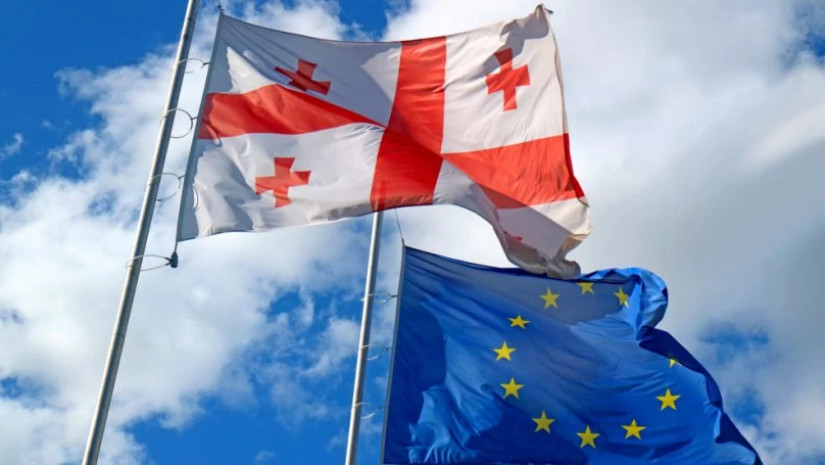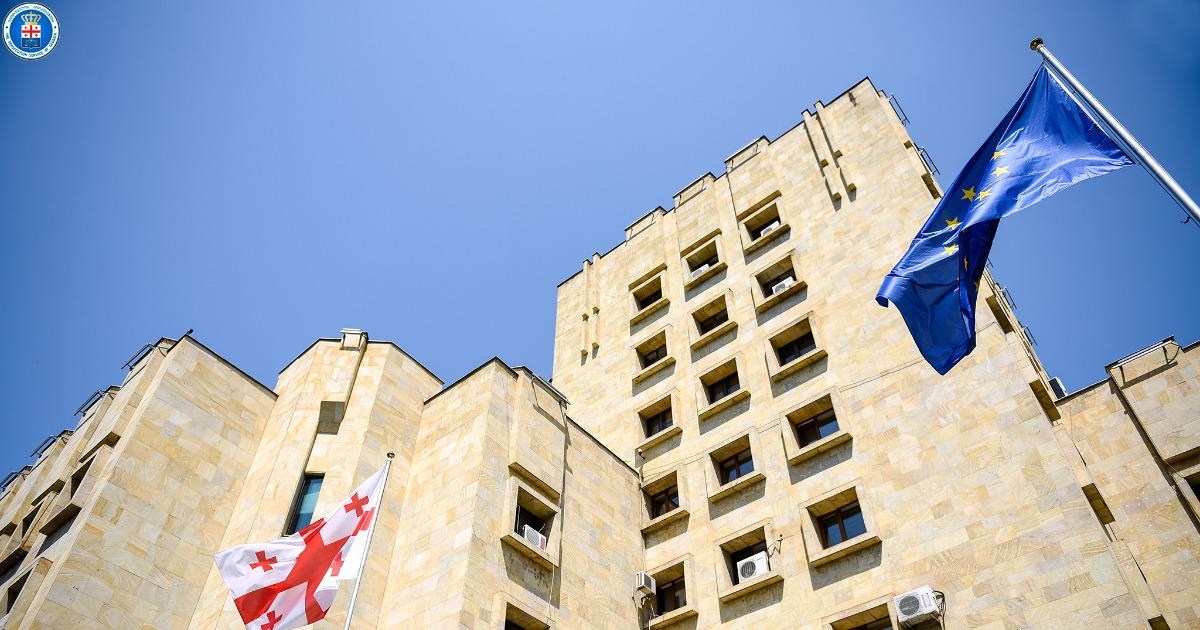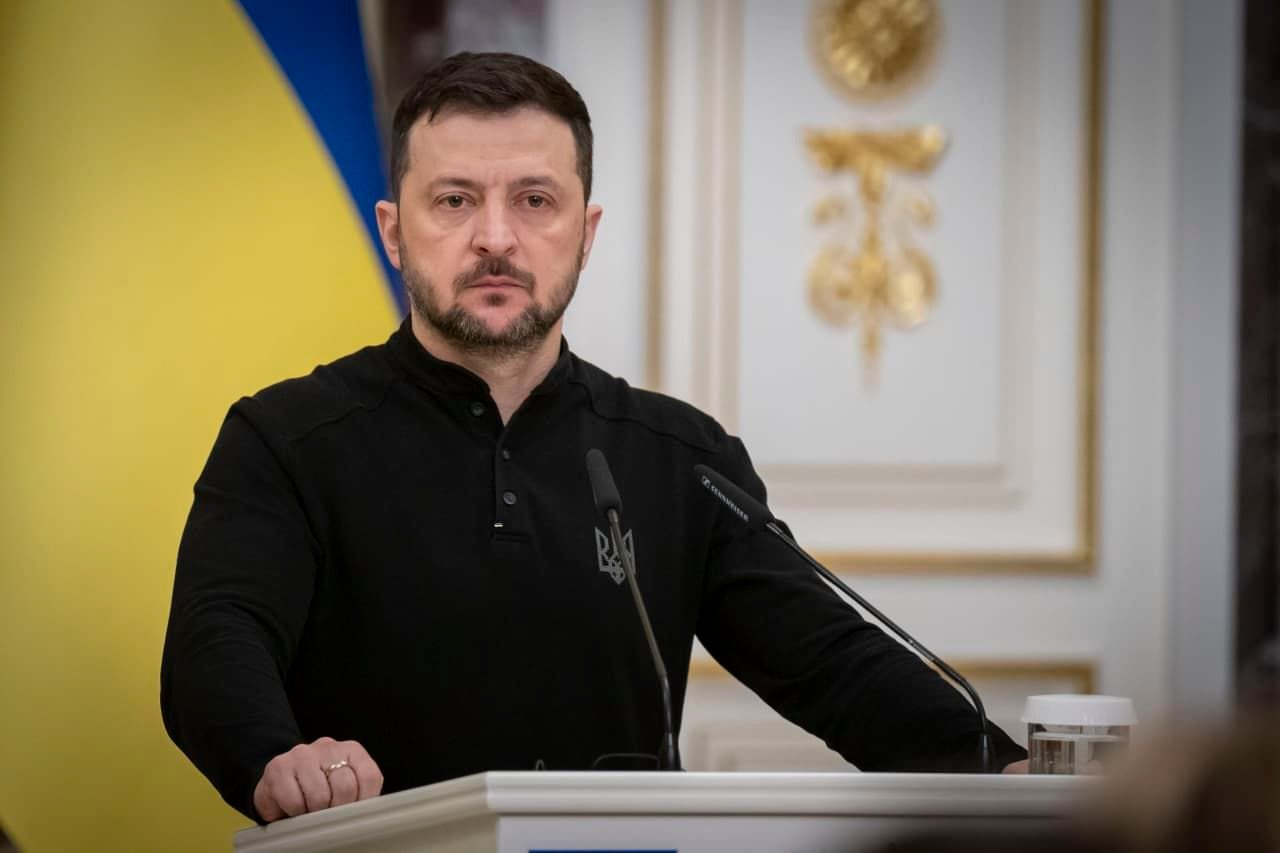Council of Europe urges Georgia to tackle prison overcrowding and informal hierarchies in new report

Author
Front News Georgia
The Council of Europe’s Committee for the Prevention of Torture and Inhuman or Degrading Treatment or Punishment (CPT) has issued a strong call for action to the Georgian government, alongside eight other post-Soviet states, urging urgent reforms to combat prison overcrowding and eliminate harmful informal prisoner hierarchies. The recommendations are part of the CPT’s 34th General Report, covering activities throughout 2024, and were presented to the Council of Europe’s Ministers’ Deputies by CPT President Alan Mitchell.
Georgia was identified alongside Armenia, Azerbaijan, Estonia, Latvia, Lithuania, Moldova, the Russian Federation, and Ukraine as one of the nine countries where a legacy prison caste system, rooted in Tsarist Russia and reinforced during the Soviet era, continues to influence the prison environment. This informal prisoner hierarchy divides inmates into distinct castes—from “top prisoners” to a so-called “untouchable” class—subjecting those at the bottom to stigmatization, forced labor, segregation, and frequent abuse, conditions the CPT says may constitute inhuman or degrading treatment.
The report stresses that insufficient efforts have been made to eliminate this system in Georgia. The CPT warns that without directly confronting the informal structure, vulnerable prisoners will continue to face violence and exploitation, while leaders within these hierarchies maintain criminal operations from within prison walls. The Committee emphasizes that large-capacity dormitories, still present in many facilities, foster these criminal subcultures and should be phased out.
In addition to prison-related issues, the CPT highlighted systemic problems in Georgia’s psychiatric institutions, particularly regarding the overuse of pharmacotherapy and restrictive practices such as seclusion and restraints. The committee called for greater investment in psychosocial therapies and community-based care, aiming to reduce unnecessary and prolonged detentions.
Prison overcrowding, while particularly severe in Western Europe in 2024, was cited as a Europe-wide crisis, with Georgia also facing challenges. The CPT warned that overcrowded conditions exacerbate tensions, reduce access to rehabilitation, and increase the risk of violence, undermining the fundamental goals of correctional systems.
Alongside its annual report, the CPT released a new standard document with in-depth analysis and concrete recommendations for eradicating informal prisoner hierarchies and improving the treatment of involuntarily detained psychiatric patients. The report urges governments, including Georgia’s, to reform criminal justice policies and increase prison and probation infrastructure investment.
Tags:





